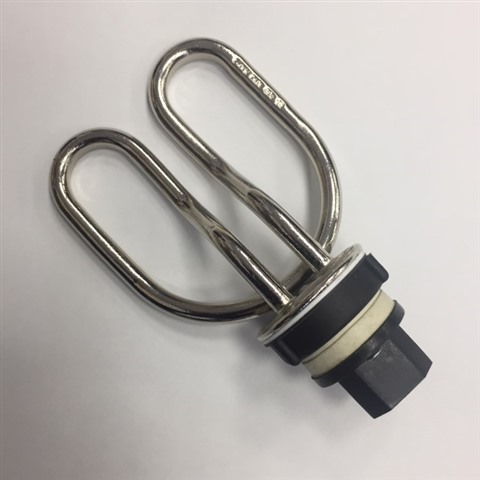The comment https://youtu.be/GNTNI0yhMjE
For the defence https://fullfact.org/news/Boris-Johnson-new-kettle/
My question, is it just a ridiculous analogy because there’s no such thing as an energy efficient kettle?
Only behaviour change with people heating exactly the amount of water required rather than overfilling kettles will reduce energy consumption, people are just going to have to be told to be more frugal and be careful when using appliance to ensure they are being energy efficient.

